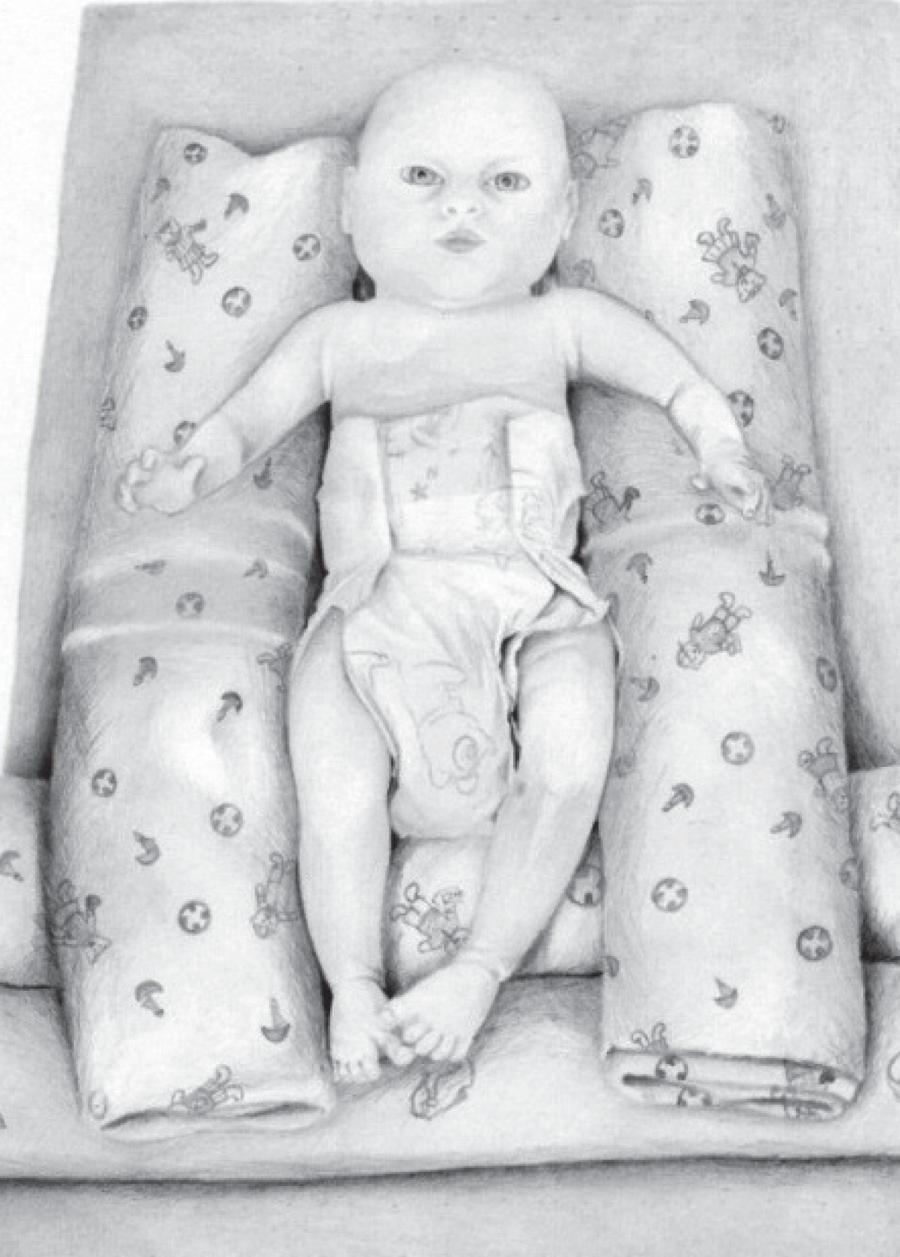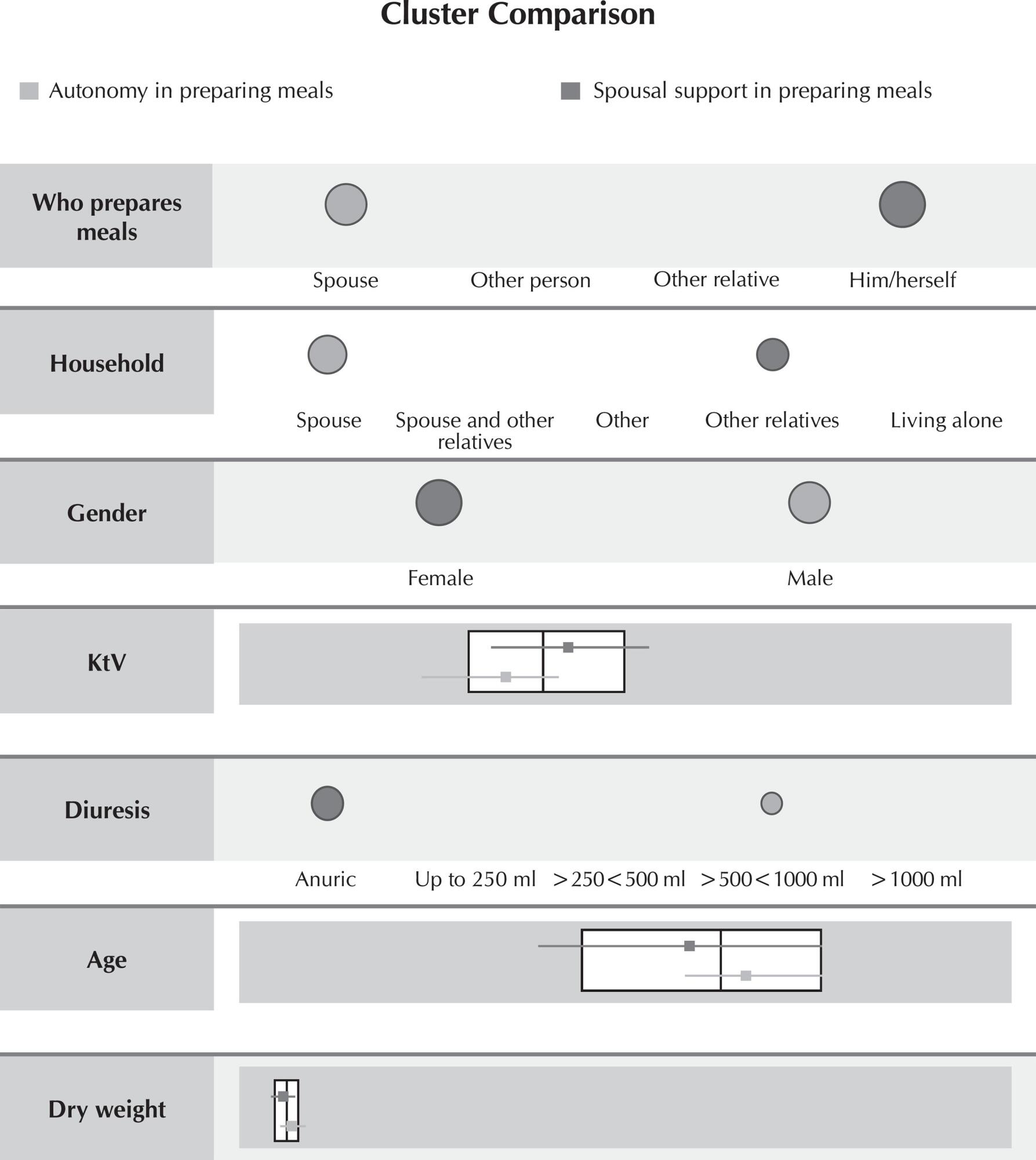-
RESEARCH
Learning Incubator: an instrument to foster entrepreneurship in Nursing
Revista Brasileira de Enfermagem. 2015;68(6):1103-1108
01-01-2015
Abstract
RESEARCHLearning Incubator: an instrument to foster entrepreneurship in Nursing
Revista Brasileira de Enfermagem. 2015;68(6):1103-1108
01-01-2015DOI 10.1590/0034-7167.2015680615i
Views0See moreABSTRACT
Objective:
this study aimed to know the contributions of the Learning Incubator to the process of lifelong education in health.
Method:
this is a qualitative field research whose data was collected from August to December 2014 by the focus group technique. The research had 34 employees of a Teaching Hospital in the central region of the state of Rio Grande do Sul that participated previously in the incubation process.
Results:
from the data encoded by content analysis, three themes were selected: Learning Incubator – welcoming and integrating space; An instigating instrument that enhances possibilities; Continuous and lifelong education strategy.
Conclusion:
the Learning Incubator is an important instrument to foster entrepreneurship in nursing and other health areas due to its capacity of rethinking mechanized practices, to the possibility of instigating new ways of being and acting, and to the ability of creating and developing new ideas based on individual and institutional needs.
-
RESEARCH
Polysomnography assessment of sleep and wakefulness in premature newborns
Revista Brasileira de Enfermagem. 2015;68(6):1109-1115
01-01-2015
Abstract
RESEARCHPolysomnography assessment of sleep and wakefulness in premature newborns
Revista Brasileira de Enfermagem. 2015;68(6):1109-1115
01-01-2015DOI 10.1590/0034-7167.2015680616i
Views0See moreABSTRACT
Objective:
to describe the total sleep time and its stages, total wake time, heart rate values and oxygen saturation shown by premature infants, and the influence of the periods of the day on sleep and physiological parameters.
Method:
a descriptive study was conducted of 13 hospitalized premature infants. Data collection was performed using polysomnography and unstructured observation for 24 uninterrupted hours.
Results:
the newborns remained asleep for 59.6% of the day, predominantly in quiet sleep, with a higher mean heart rate during wakefulness (p<0.001). No difference was found between the variables related to sleep, physiological parameters and periods of the day, but in the morning a predominance of quiet sleep was observed (p=0.002).
Conclusion:
the preterm newborn presented more total sleep time than wakefulness; quiet sleep was the predominant stage, and heart rate was higher during wakefulness.
-
RESEARCH
Severe lactational mastitis: particularities from admission
Revista Brasileira de Enfermagem. 2015;68(6):1116-1121
01-01-2015
Abstract
RESEARCHSevere lactational mastitis: particularities from admission
Revista Brasileira de Enfermagem. 2015;68(6):1116-1121
01-01-2015DOI 10.1590/0034-7167.2015680617i
Views0See moreABSTRACT
Objective:
to identify characteristics of women who have suffered severe lactational mastitis.
Method:
a descriptive, retrospective, documentary, quantitative study was performed. Data were collected from patient records of 114 hospitalized women from January of 2009 to December of 2013. Data were analyzed by using descriptive statistics.
Results:
a higher percentage of severe lactational mastitis was found in young, primiparous women who had completed high school, who had no partner, and did not have a job; 96.5% of women had breast complications before admission and remained hospitalized an average of 4.4 days; at discharge, 23.7% of women had weaned their infants.
Conclusion:
this study showed that severe lactational mastitis can cause great harm to the woman and the baby.
-
RESEARCH
Medical waste in mobile prehospital care
Revista Brasileira de Enfermagem. 2015;68(6):1122-1129
01-01-2015
Abstract
RESEARCHMedical waste in mobile prehospital care
Revista Brasileira de Enfermagem. 2015;68(6):1122-1129
01-01-2015DOI 10.1590/0034-7167.2015680618i
Views0See moreABSTRACT
Objective:
the objective of this study is to identify how Medical Waste (MW) is managed in Mobile Prehospital Care (MPC) services in the state of São Paulo as well as characterize and quantify this waste.
Method:
exploratory and descriptive field study with data collection based on the methodology proposed by the Pan American Health Organization (PAHO), which was conducted over eight consecutive days to identify the production and characteristics of generated waste.
Results:
it was found that the MW management of the MPC is not yet in line with the requirements of RDC 306/04, which could affect the occupational safety of workers, patients, the community, and the environment.
Conclusion:
it is recommended for the health managers to focus on this issue. The lack of studies with regard to MPC also indicates the need for further studies on the waste management.

-
RESEARCH
Job satisfaction of nursing staff in a university hospital
Revista Brasileira de Enfermagem. 2015;68(6):1130-1138
01-01-2015
Abstract
RESEARCHJob satisfaction of nursing staff in a university hospital
Revista Brasileira de Enfermagem. 2015;68(6):1130-1138
01-01-2015DOI 10.1590/0034-7167.2015680619i
Views0See moreABSTRACT
Objective:
identify the determinants of job satisfaction of the nursing staff of a public university hospital.
Method:
secondary study with mixed data approach and simple and multiple linear regression. A total of 115 subjects participated in the study, 41 nurses and 74 nursing assistants and technicians. The data collection occurred in 2013 using the QST-Caism questionnaire.
Results:
education, hierarchical level and workplace constitute job satisfaction determinants. However, age, gender, job and work period did not show this relationship. More educated workers held low job satisfaction if exercised not graduated nursing functions.
Conclusion:
graduated workers who perform high school functions are more unsatisfied than those who have high school function and qualification.
-
RESEARCH
Patient safety culture in a bone marrow transplantation unit
Revista Brasileira de Enfermagem. 2015;68(6):1139-1146
01-01-2015
Abstract
RESEARCHPatient safety culture in a bone marrow transplantation unit
Revista Brasileira de Enfermagem. 2015;68(6):1139-1146
01-01-2015DOI 10.1590/0034-7167.2015680620i
Views0See moreABSTRACT
Objective:
evaluate the patient safety culture in the perspective of health professionals from a bone marrow transplantation unit of an oncology research center, at a reference hospital for cancer treatment in Santa Catarina, Brazil.
Method:
a quantitative cross-sectional study that used the Safety Attitudes Questionnaire was conducted between August and September 2013. The study analyzed 33 professional surveys. Statistical data analysis used descriptive and inferential statistics.
Results:
among the dimensions analyzed, only "job satisfaction" reached a mean score above 75, considered positive in terms of patient safety culture.
Conclusion:
the dimensions of safety culture present in the survey have to be valued by professionals and managers to allow safe patient care.
-
RESEARCH
Validation of newborn positioning protocol in Intensive Care Unit
Revista Brasileira de Enfermagem. 2015;68(6):1147-1153
01-01-2015
Abstract
RESEARCHValidation of newborn positioning protocol in Intensive Care Unit
Revista Brasileira de Enfermagem. 2015;68(6):1147-1153
01-01-2015DOI 10.1590/0034-7167.2015680621i
Views0See moreRESEARCH
Objective:
to verify the positioning indications of newborn sand build a standard operating procedure protocol for newborn positioning in Neonatal Intensive Care Unit (NICU).
Method:
for protocol validation, the Delphi technique was used ,in which expert nurses in the field reviewed the proposed procedure.
Results:
we present the results of this validation in a protocol form, to contribute to the discussion about newborn positioning in NICU and standardization of nursing care related to positioning. We evaluated ten indicators, in which there was agreementof100.0% in seven, and of80% in three, above the 60% recommended by the validation technique.
Conclusion:
given the importance of newborn positioning in NICU for its neuromuscular development, this study contributes to the adoption of an evidence-based practice for nursing.

-
RESEARCH
Fluid and dietary restriction’s efficacy on chronic kidney disease patients in hemodialysis
Revista Brasileira de Enfermagem. 2015;68(6):1154-1162
01-01-2015
Abstract
RESEARCHFluid and dietary restriction’s efficacy on chronic kidney disease patients in hemodialysis
Revista Brasileira de Enfermagem. 2015;68(6):1154-1162
01-01-2015DOI 10.1590/0034-7167.2015680622i
Views0See moreABSTRACT
Objective:
to identify self-care measures to manage fluid and dietary restrictions and assess their effectiveness.
Method:
descriptive-correlational study and cluster analysis with 254 chronic renal failure patients on regular hemodialysis program, handled by hemodiafiltration. We evaluated the effectiveness of self-care by interdialytic weight gain (IWG) and by potassium and phosphorus serum pre-dialysis serum levels.
Results:
several self-care measures were significantly correlated with a lower IWG and a lower level of pre-dialysis phosphorus. Patients most often use measures to reduce salt consumption than measures to restrict potassium and dietary phosphorus. The spouse provides important support dietary management. Subjects who use more often the self-care measure are mostly female, are older, less IWG and have a higher Kt/V.
Conclusion:
these results can contribute to the nursing educational support.




